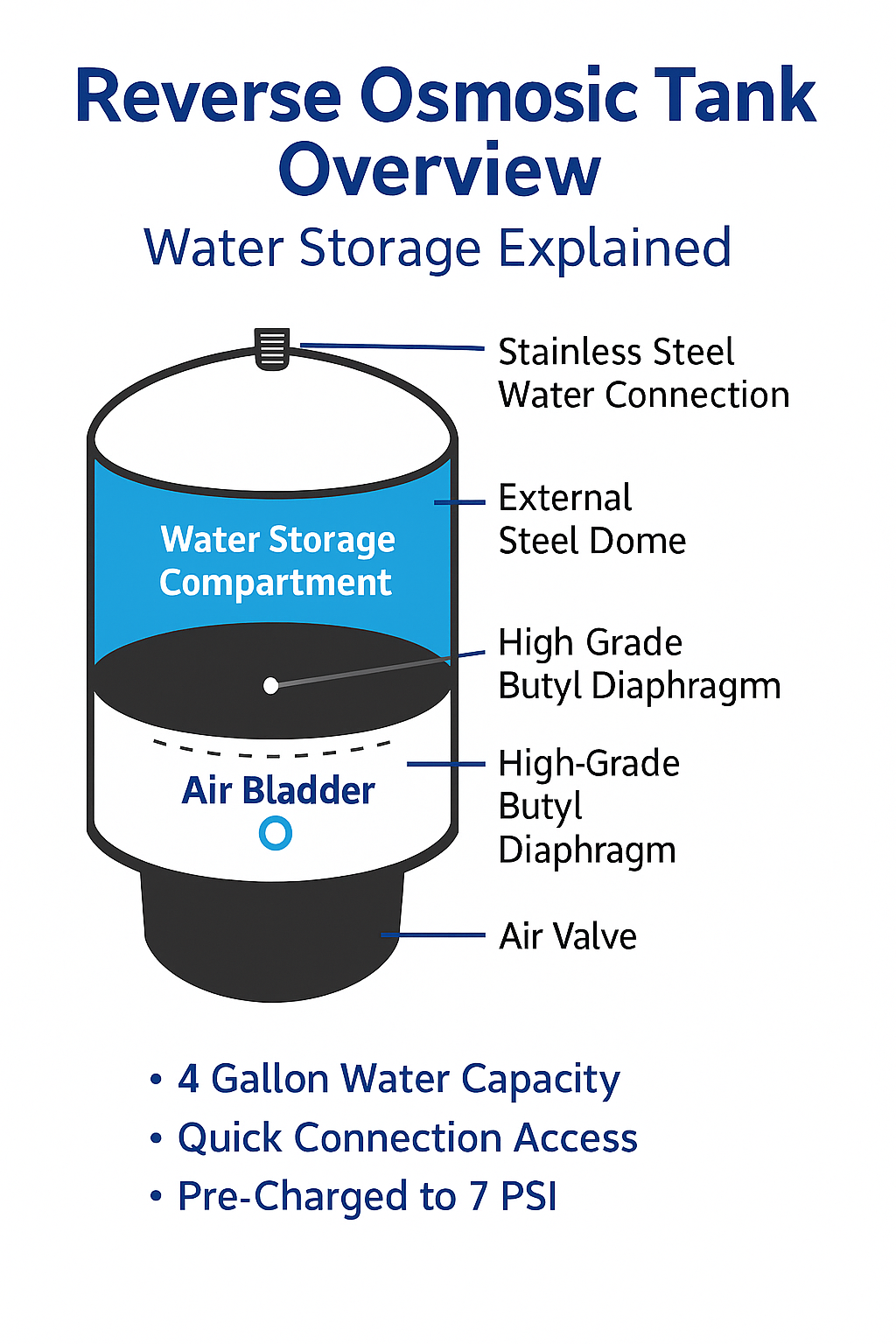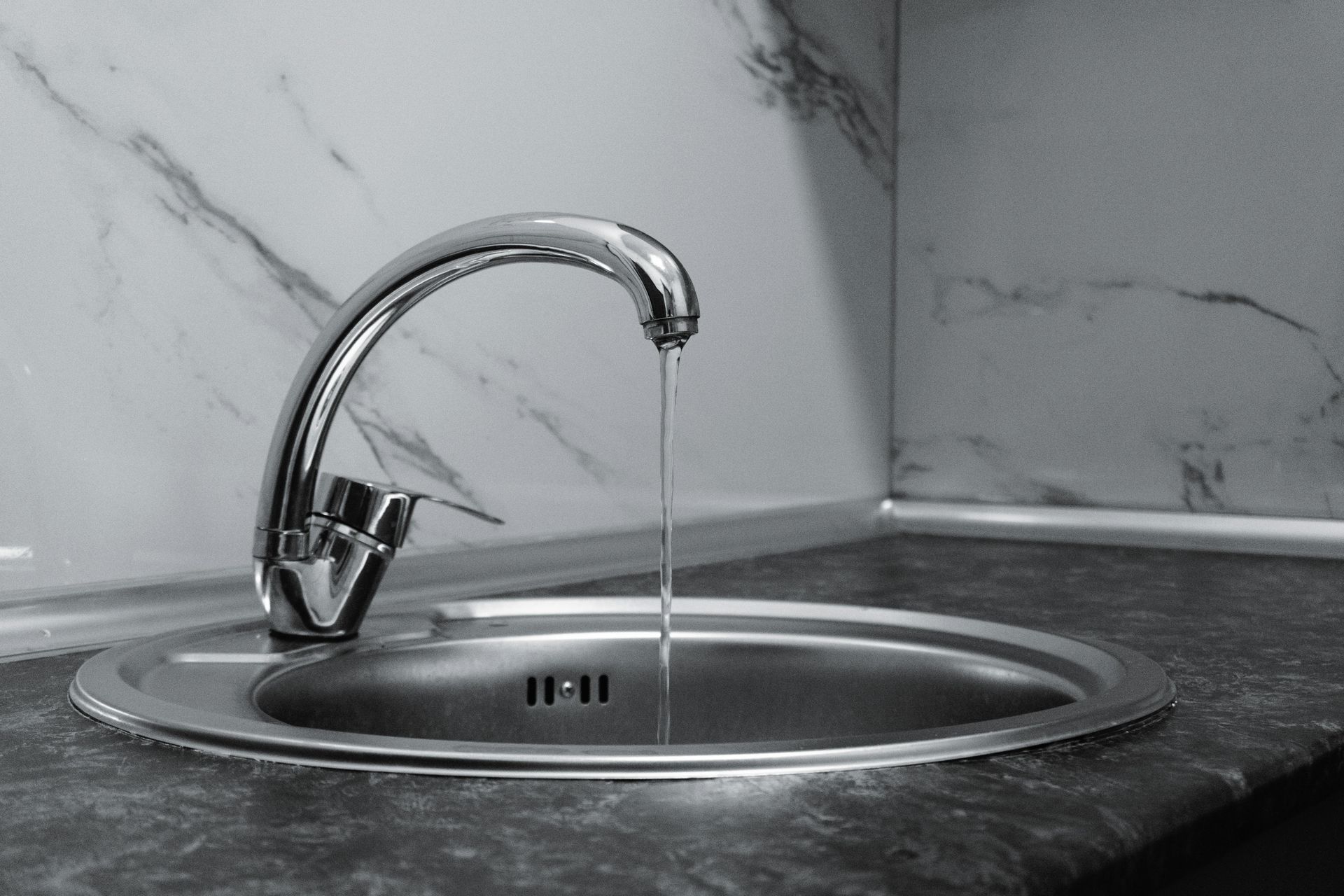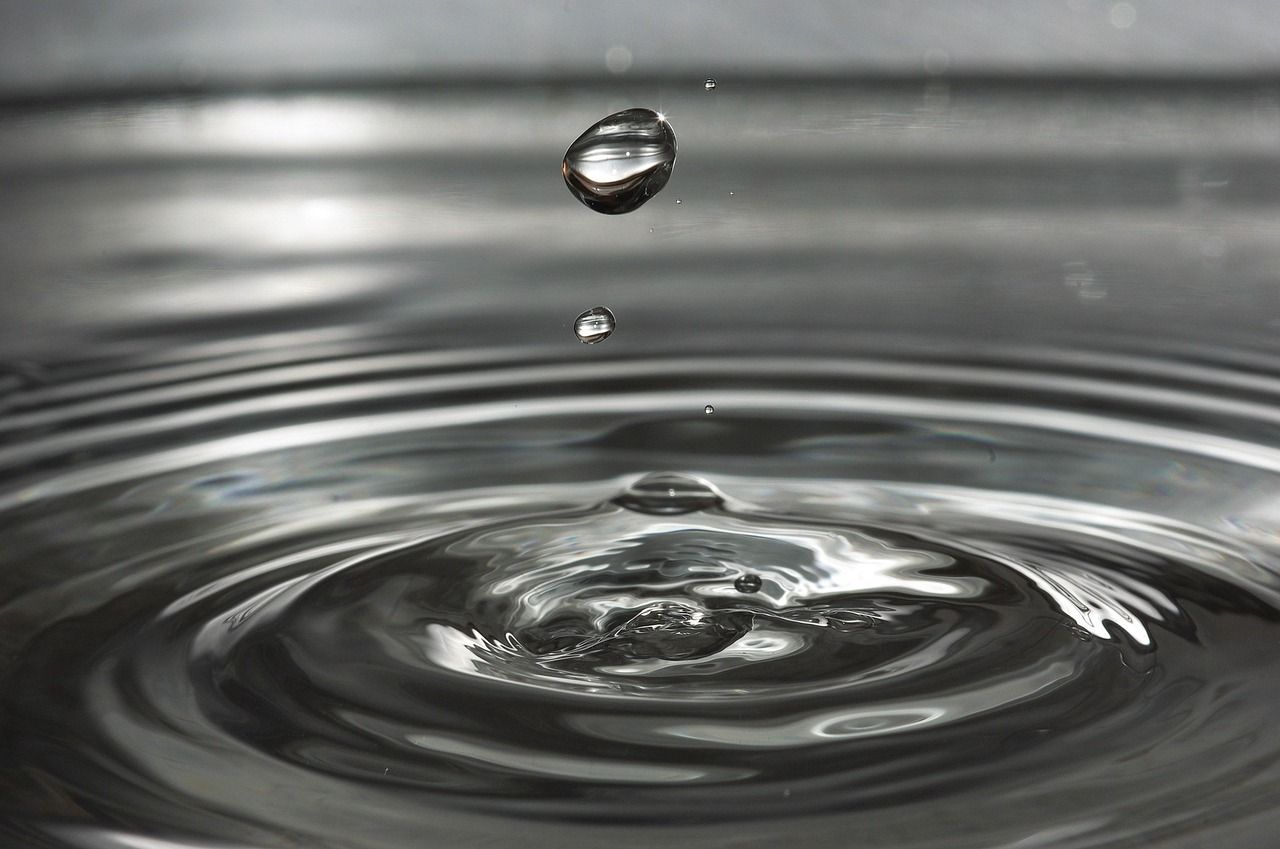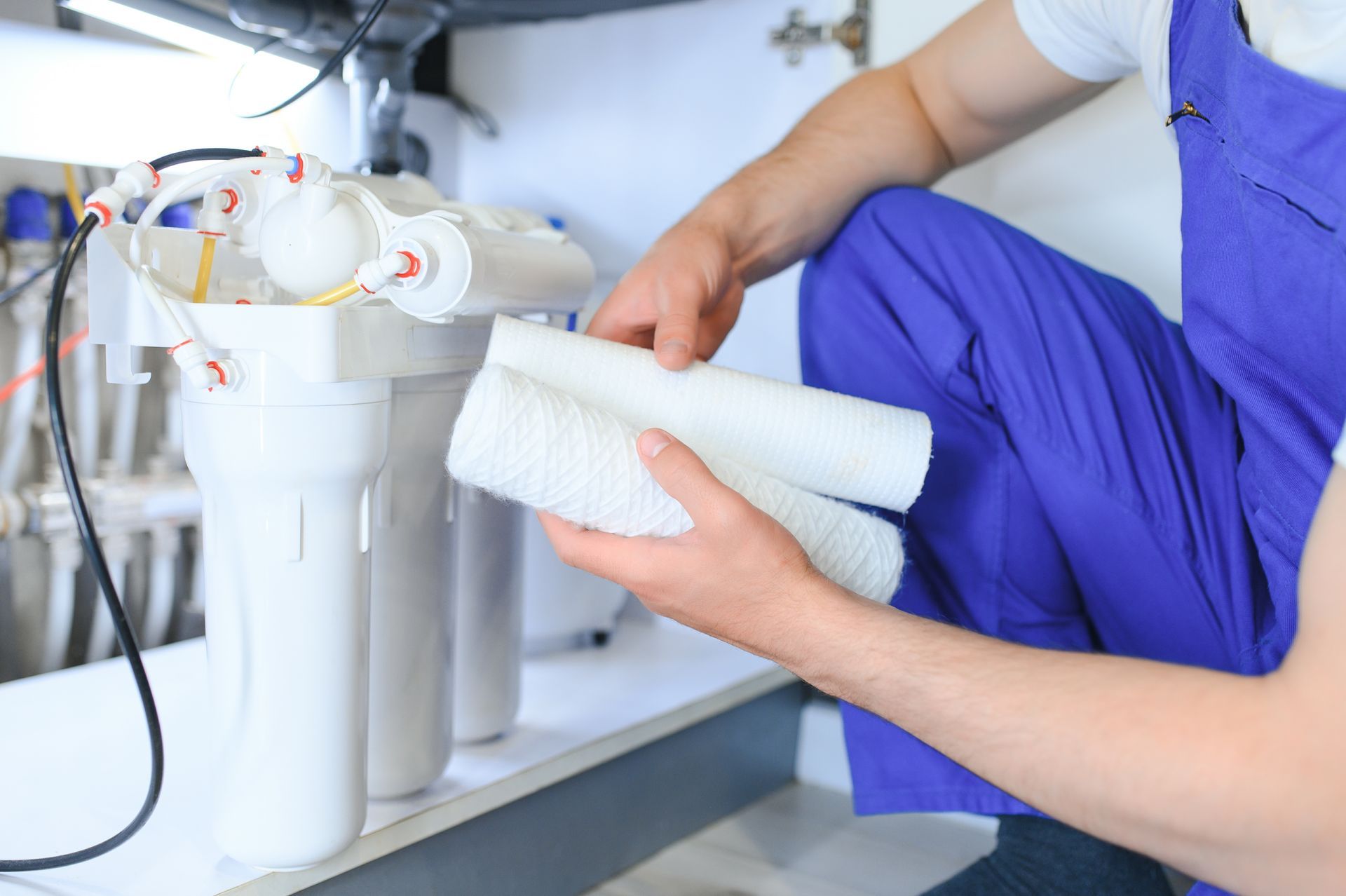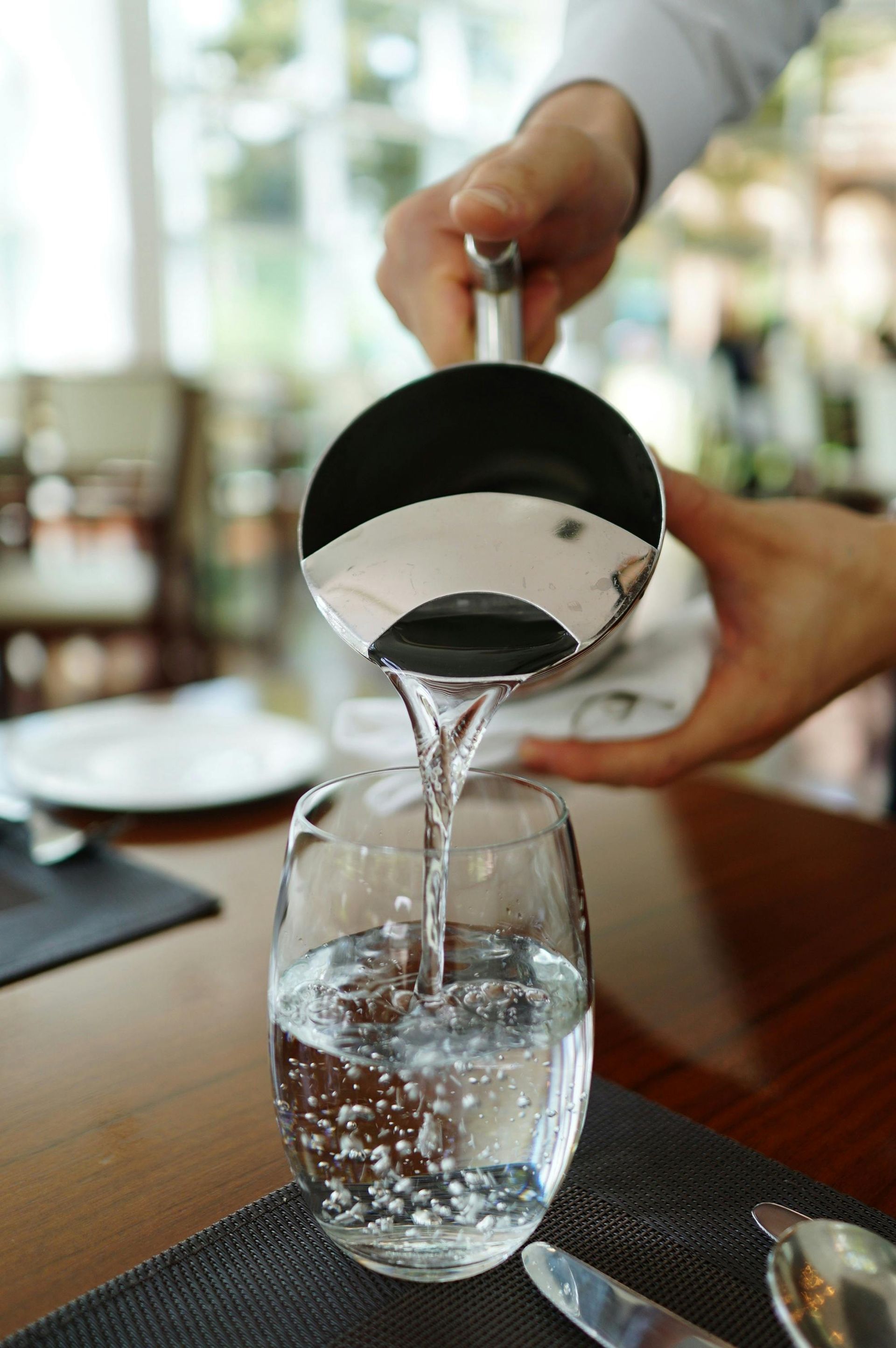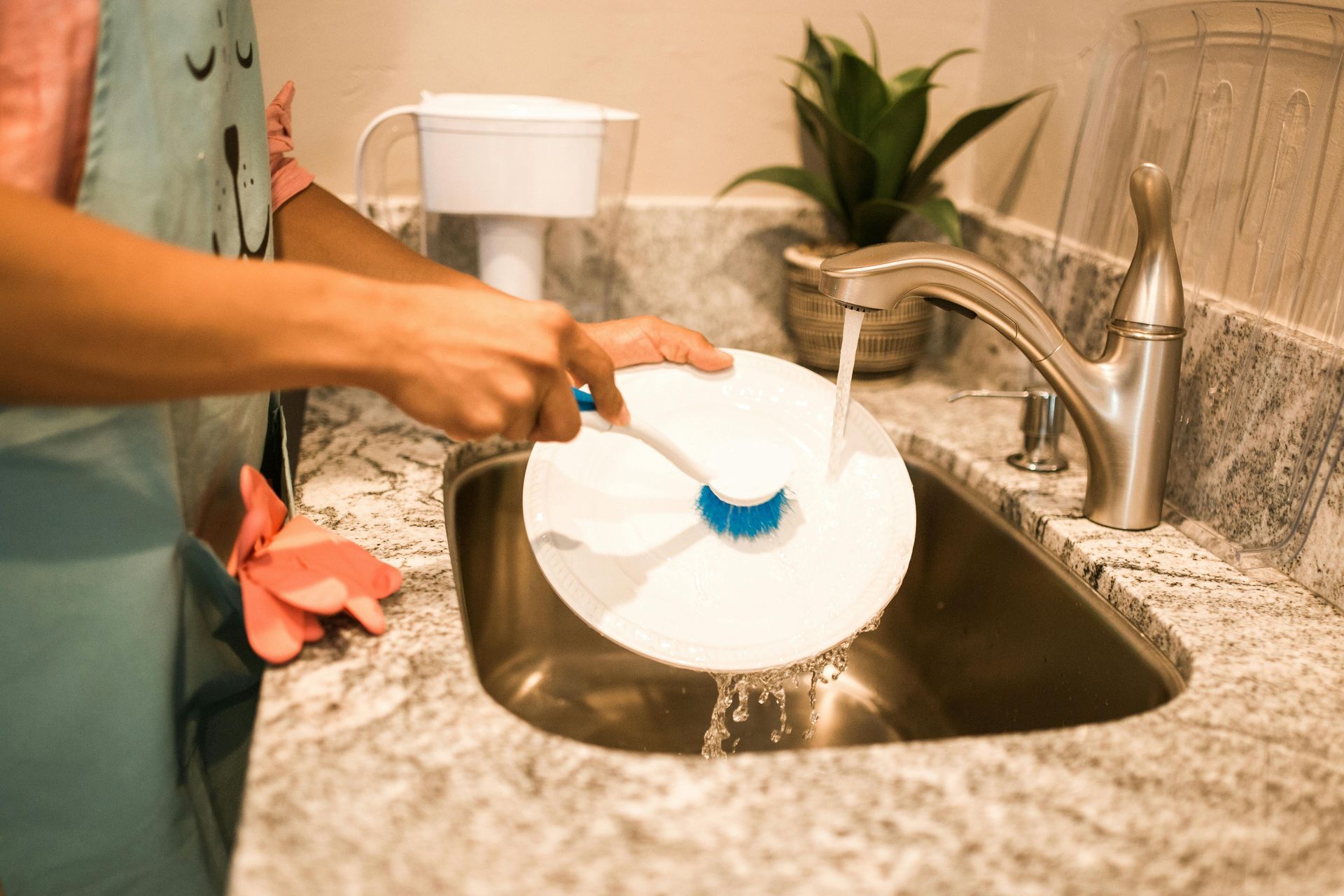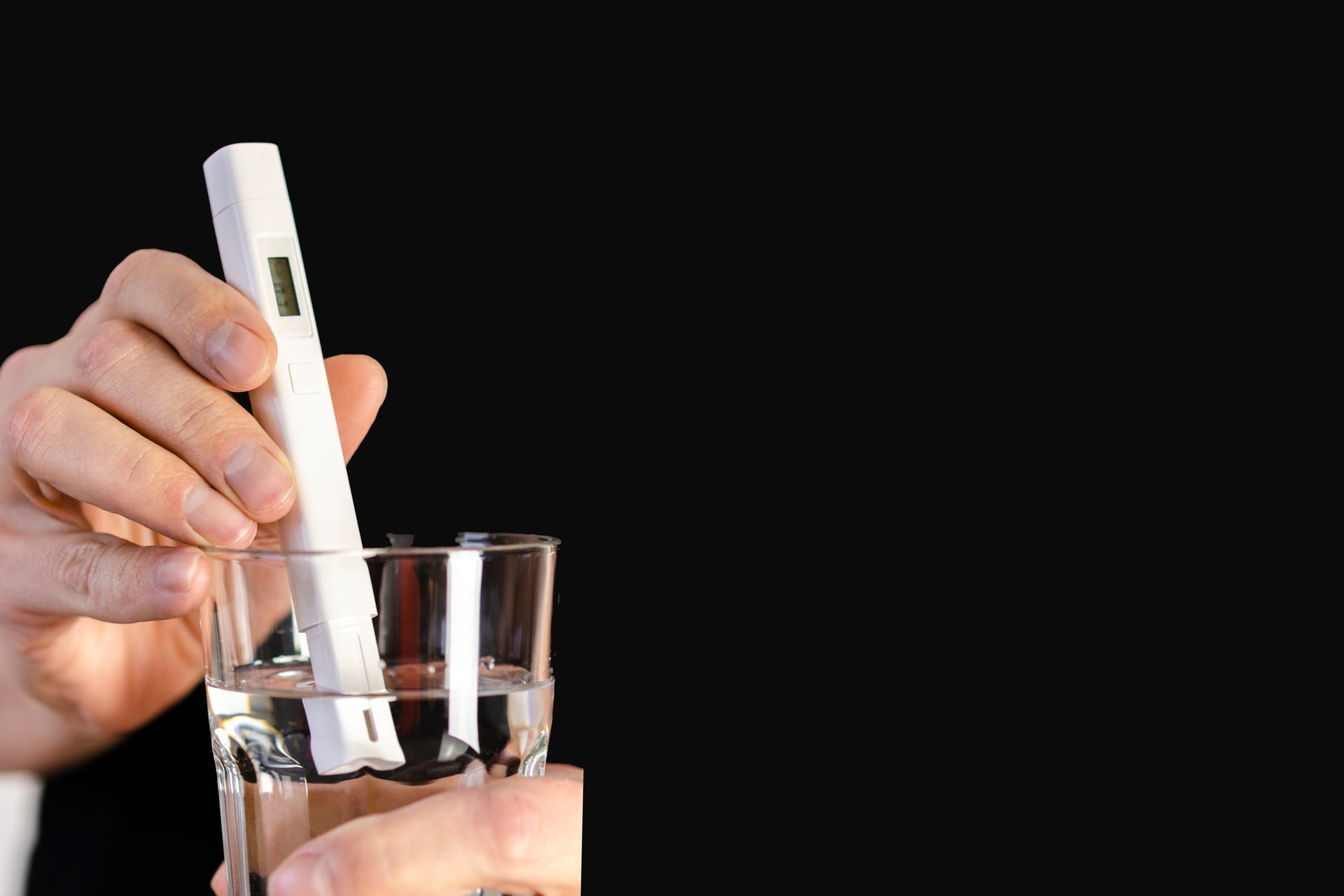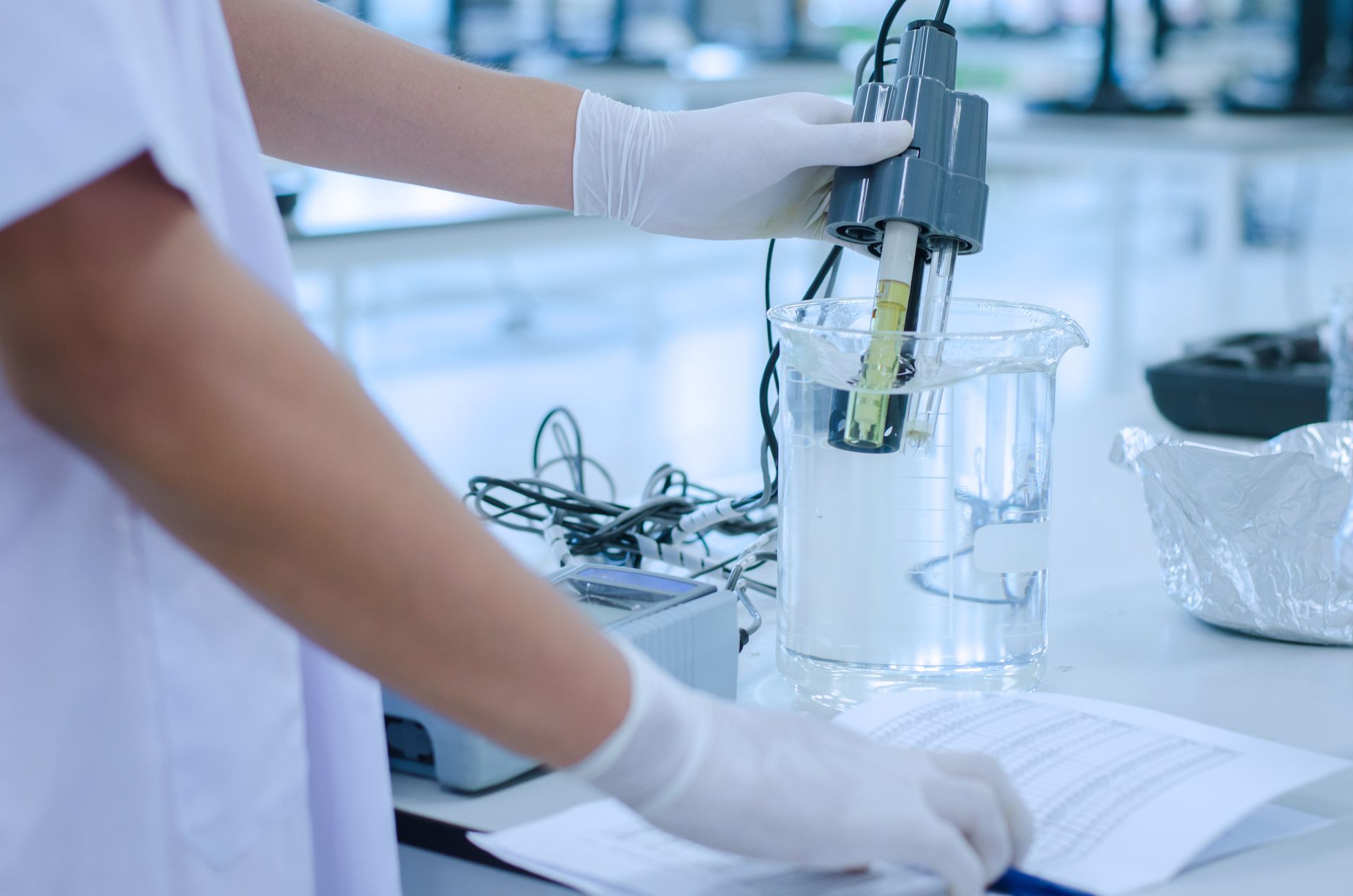Primary Solutions Consulting
What Are Water Softeners and How Do They Operate?
Water softening is the process of removing the calcium, magnesium, and other metal complexes from hard water.
Our expert team also specializes in installing advanced water filtration systems
to enhance water quality further.
As a result of soap not being wasted interacting with calcium ions, soft water uses less soap to achieve the same level of cleaning. By minimizing or eradicating the buildup of scales in fixtures and fittings, soft water also increases the lifespan of plumbing.
Simply said, a water softener gets rid of the minerals that cause water hardness, which is among the most prevalent issues with water quality that many homeowners face.
We are a trusted
water treatment company helping families avoid the damage caused by hard water.
With a water softener, you may avoid replacing water heaters that are already beyond repair, dealing with scaly faucet heads, and spending countless hours wiping up residue. You may save time, effort, and money, and at the same time, safeguard your house and property by investing in a water softener.
What Exactly is a Water Softener?
Using several types of exchange processes, a water softener is a whole-house filtering system that eliminates calcium and magnesium minerals from your water that contribute to hardness.
It works alongside
whole home water filtration systems to deliver complete water quality improvement.**
A water softener deals with one of the most common and damaging water issues for homeowners - hard water. Hard water creates problems in modern homes because it permits scale to accumulate. Appliance lifespans are significantly reduced by this scale build-up.
The minerals in hard water are filtered out when water passes through a water softener, and the softened water then exits the water softening system to pass via pipework.
We recommend pairing softeners with
drinking water filtration system options for added protection.
In the absence of a water softener, your laundry would need extra detergent to keep it from looking dirty. Your dishwasher will produce damaged and tarnished dishes. Your shower curtains will accumulate muck, your skin will become dry and irritated after taking a bath with your hair becoming limp and greasy.
What Makes Up a Water Softener?
A good water softener has three parts: a control valve, a mineral tank, and a brine tank. These work together to remove hard water minerals and regenerate the system—essential steps in
water softener installation.
- The control valve - Waterflow into your home and via the mineral tank are both measured by the control valve. The valve has a meter inside that measures the amount of water going into the mineral tank. The control valve starts a regeneration cycle autonomously before the mineral content in the beads makes it impossible for them to continue extracting calcium and magnesium ions.
- The mineral tank - The hard water softening process takes place in the mineral tank. The hard water is fed into the tank through the water supply line. The calcium and magnesium ions that cause water to harden are deposited as the water rushes through the resin bead layer. Soft water runs through your pipes and out to your home appliances as it leaves the tank.
- The brine tank - The regeneration of the water softening unit is aided by the brine tank. The tank is smaller and is placed next to the mineral tank. To restore the positive charge of the resin beads, the brine tank contains a sodium solution that has been substantially concentrated. The heavy brine solution is taken out of the tank and pumped through the resin in the mineral tank when the control valve detects that the resin's softening capacity is waning. The unit's ability to soften water will stop working if the brine tank has no salt left.
How is a Water Softener Put to Use?
By using an ion exchange process to remove the magnesium and calcium in your water supply, a water softener transforms hard water into softened water.
We also offer water filter replacement to ensure consistent performance over time.
- Installation of your water softener - Installing your water softener is the first step toward having softer water. Installation is an easy task that goes quickly. The plumbers that perform this have substantial in-house expertise and are fully qualified.
- Tiny beads capture the minerals in hard water - Tiny beads collect the minerals in hard water. In a water softener, there are millions of these tiny resin beads. While calcium and magnesium have positive charges in water, each bead has a negative charge. This indicates that calcium and magnesium are drawn to one another as they move through the resin beads. The minerals are retained in the beads while only clean, softened water is released from the water softener.
- Regeneration of your water softener - Sodium is used throughout the regeneration process to separate the mineral buildup from the resin. Although sodium has a charge powerful enough to remove the calcium and magnesium, it is not strong enough to adhere to the resin. Calcium, magnesium, and salt all have positive charges that resist one another. Along with the salty water, the calcium and magnesium separate from the resin beads and flow off.
- Get softer skin and hair, as well as a cleaner, healthier home - It couldn't be simpler to use a water softener. With the proper maintenance and care, you can have a system that runs effectively and does an excellent job of keeping your home and family healthy!
Contact Soft Water Specialists
Too much calcium in your water might harm your clothes and appliances. The most effective treatment for water hardness is to eliminate the minerals that are causing it, and the simplest solution is to use water softening. A
high-quality
water softening system from Primary Solutions Consulting will keep your water safe. Everything that includes water in your home improves when you have a Primary Solutions Consulting water softener system. A shining kitchen and bathroom, smooth skin and hair, and many more advantages of softened water are available to you and your family. Get more use out of your water-consuming appliances while using less energy and detergent with one of our soft water systems. To speak with a water softener specialist in Cypress, Texas, and neighboring areas, dial
(832) 788-9938 right away.


